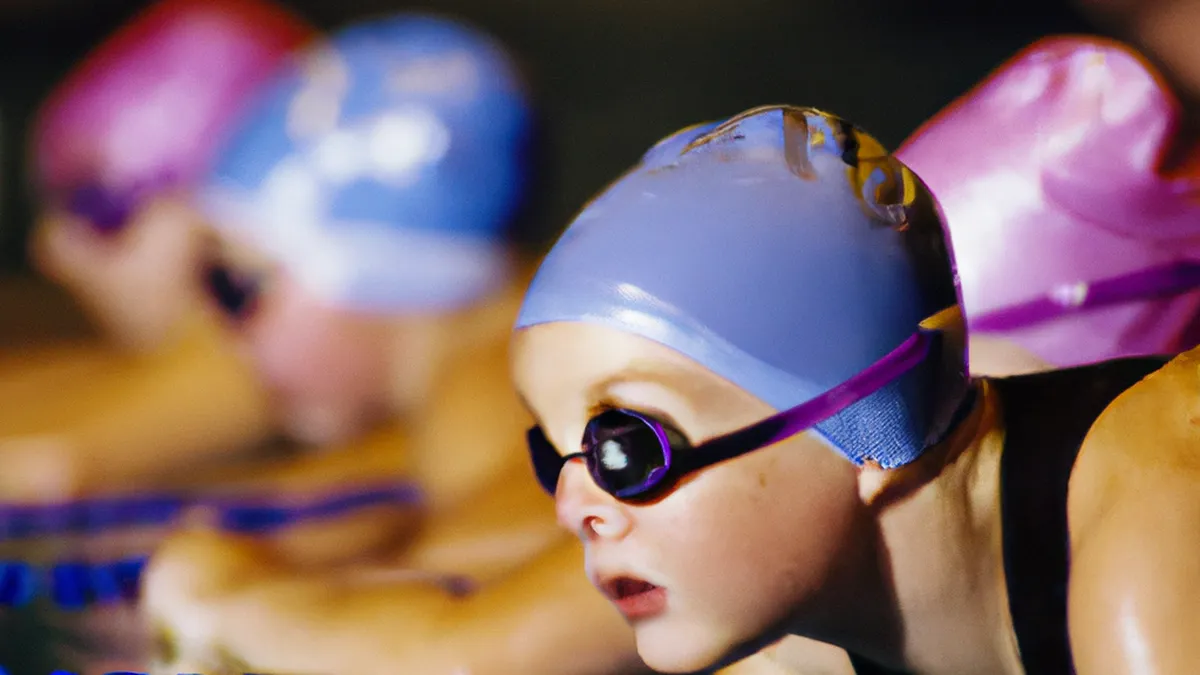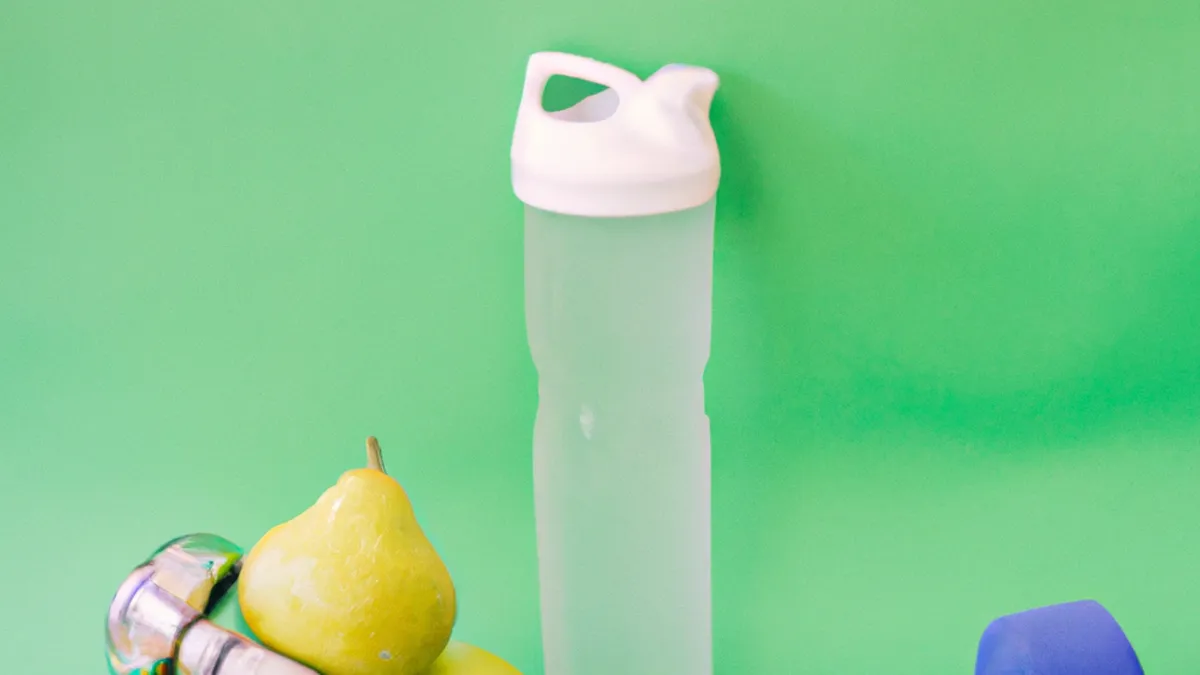Tackling Hydration Issues for Seasonal Sports
How to Address Hydration Challenges in Seasonal Sports
As an Amazon Associate I earn from qualifying purchases.
Gear tip: consider protein powder, shaker bottle and electrolyte mix to support this workout.
Hydration significantly impacts athletic performance, especially in seasonal sports. As seasons change, athletes’ hydration needs change too. Playing soccer in summer or skiing in winter requires understanding hydration. This blog post offers effective strategies and practical tips for athletes.
Understanding Hydration Needs
Hydration needs depend on weather, sport intensity, and individual sweat rates. Athletes must recognize these factors to stay hydrated.
In hot weather, athletes lose water and electrolytes through sweat. They must replenish these losses to maintain performance and avoid dehydration. Cold weather also presents hydration challenges. Cold air can dehydrate athletes, even without thirst, as the body loses moisture through respiration and perspiration.
The Importance of Fluid Balance
Athletes must maintain proper fluid balance. Dehydration can decrease performance and increase injury risk, leading to severe health issues like heat exhaustion or hypothermia.
Understanding fluid balance means recognizing the need for sufficient fluid intake to replace losses from sweat, respiration, and other functions. This balance can determine peak performance or fatigue for athletes.
Monitor Fluid Intake
Monitoring fluid intake effectively addresses hydration challenges. Athletes should drink water consistently throughout the day, not just when thirsty. Thirst may not indicate true hydration status, especially during intense training or competition.
Using a hydration app can help track fluid consumption. These apps send reminders, set daily goals, and monitor progress, making it easier to stay accountable.
Athletes should hydrate before, during, and after activities. A good guideline suggests drinking 16 to 20 ounces of water two hours before exercise. During activity, aim for 7 to 10 ounces every 10 to 20 minutes, adjusting for intensity and environmental conditions. Afterward, rehydrate with 16 to 24 ounces for every pound lost. Weighing oneself before and after activity helps determine fluid loss.
Choose the Right Beverages
Water is essential, but other beverages can enhance hydration. Sports drinks benefit athletes during intense activities lasting over an hour. They contain electrolytes that maintain fluid balance and replace sodium and potassium lost through sweat. Choose low-sugar drinks to avoid unnecessary calories and sugar crashes.
Coconut water also offers natural electrolytes and lower sugar than many sports drinks, making it a healthy alternative. For cold-weather sports, warm herbal teas provide hydration and comfort.
Conclusion
In summary, athletes must understand hydration needs and monitor fluid intake. Choosing appropriate beverages enhances hydration and supports performance.
Below are related products based on this post:
FAQ
What factors influence an athlete’s hydration needs?
Hydration needs are influenced by several factors, including weather conditions, the intensity of the sport, and individual sweat rates. Athletes must recognize these variables to effectively manage their hydration and maintain optimal performance.
How can athletes monitor their fluid intake effectively?
Athletes can monitor their fluid intake by drinking water consistently throughout the day and not just when they feel thirsty. Using hydration apps can help track fluid consumption, set daily goals, and send reminders. Additionally, weighing oneself before and after activities can help determine fluid loss and guide rehydration efforts.
What types of beverages are best for hydration in different conditions?
Water is essential for hydration, but during intense activities lasting over an hour, sports drinks can be beneficial as they contain electrolytes to replace lost sodium and potassium. For a healthier alternative, coconut water offers natural electrolytes with lower sugar content. In cold weather, warm herbal teas can provide hydration while offering comfort.















Post Comment